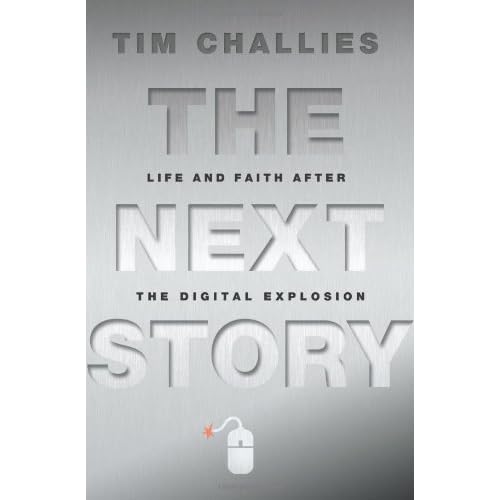How about this for a way of doing things? The loser takes it all. And shares it with all the other 'losers'.
I, John, your brother and partner in the tribulation and the kingdom and the patient endurance that are in Jesus, was on the island called Patmos on account of the word of God and the testimony of Jesus.
Downhill all the way, for John, it seems. He's cut off from the civilised world, in exile, under the condemnation of the Empire and of no apparent use to the Church. Ageing away. The friends with whom he'd shared those few glorious, and puzzling, life-giving years are gone - dispersed across the world many months apart from communication, and killed one by one. Those who believed his testimony are far from him, having problems with each other, hard-pressed from outside, and too ready to believe impressive life teachings from those who'd never known Jesus, but used his name to fit their own ideas. Then:
I was in the Spirit on the Lord's day, and I heard behind me a loud voice like a trumpet saying, 'Write what you see in a book and send it to the seven churches, to Ephesus and to Smyrna and to Pergamum and to Thyatira and to Sardis and to Philadelphia and to Laodicea.' ...
'Write therefore the things that you have seen, those that are and those that are to take place after this.'
God doesn't do things by appearance.
~ To the one stuck on an island cut off from the world, God brings heaven down.
~ To one the Empire had chopped out of the history books, God reveals history from beginning to end, for him to write in a book.
~ To one condemned by earthly authority, God reveals himself, 'the Almighty', and Jesus, 'the ruler of kings on earth'.
~ The one who has been put 'out of service' to the Church, God commissions to take his message to seven churches covering all Asia.
~ To the one wasting away, elderly & alone, without friends or family, Jesus comes, sharing his humanity, now glorified; the one who called him 'friend':
Then I turned to see the voice that was speaking to me, and on turning I saw seven golden lampstands, and in the midst of the lampstands one like a son of man, clothed with a long robe and with a golden sash around his chest. The hairs of his head were white like wool, as white as snow. His eyes were like a flame of fire, his feet were like burnished bronze, refined in a furnace, and his voice was like the roar of many waters. In his right hand he held seven stars, from his mouth came a sharp two-edged sword, and his face was like the sun shining in full strength.
When I saw him, I fell at his feet as though dead. But he laid his right hand on me, saying, 'Fear not, I am the first and the last, and the living one. I died, and behold I am alive for evermore, and I have the keys of Death and Hades. ...'
God might have given this revelation to anyone to write down and distribute, to strengthen his Church. That he does it in this way, through John, is particularly sweet. The Lord Jesus cares for his elderly friend, side-lined to obscurity by the world.
Perhaps John would have pondered Jesus' words, from a time in his life when he seemed so much more 'useful' to his Lord (
Luke 10):
“The one who hears you hears me, and the one who rejects you rejects me, and the one who rejects me rejects him who sent me.”
The seventy-two returned with joy, saying, “Lord, even the demons are subject to us in your name!” And he said to them, “I saw Satan fall like lightning from heaven. Behold, I have given you authority to tread on serpents and scorpions, and over all the power of the enemy, and nothing shall hurt you. Nevertheless, do not rejoice in this, that the spirits are subject to you, but rejoice that your names are written in heaven.”
In that same hour he rejoiced in the Holy Spirit and said, “I thank you, Father, Lord of heaven and earth, that you have hidden these things from the wise and understanding and revealed them to little children; yes, Father, for such was your gracious will. All things have been handed over to me by my Father, and no one knows who the Son is except the Father, or who the Father is except the Son and anyone to whom the Son chooses to reveal him.”
Then turning to the disciples he said privately, “Blessed are the eyes that see what you see! For I tell you that many prophets and kings desired to see what you see, and did not see it, and to hear what you hear, and did not hear it.”






